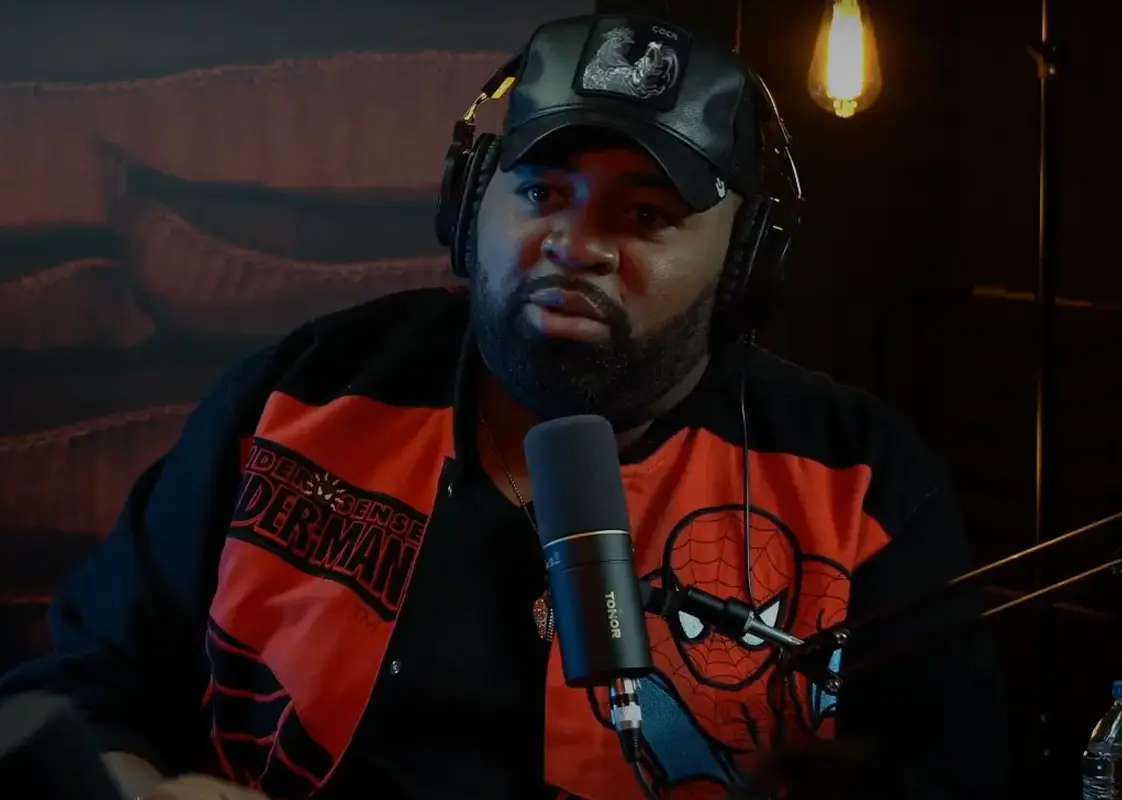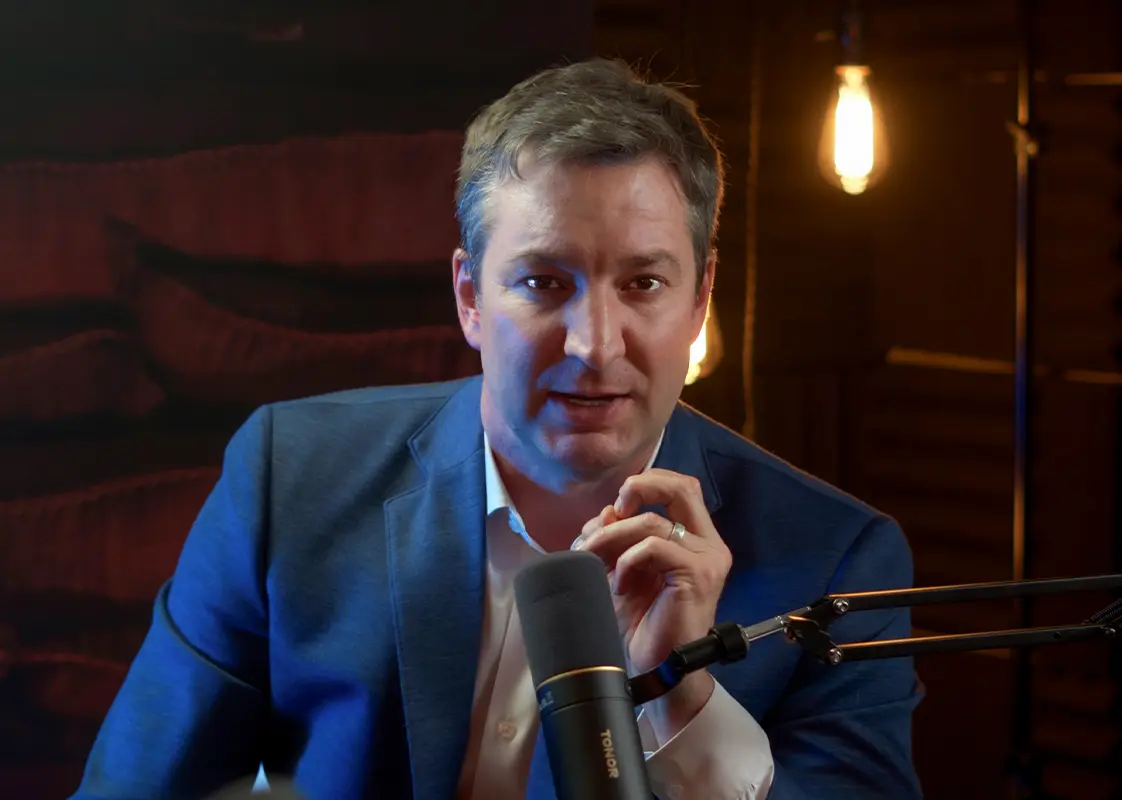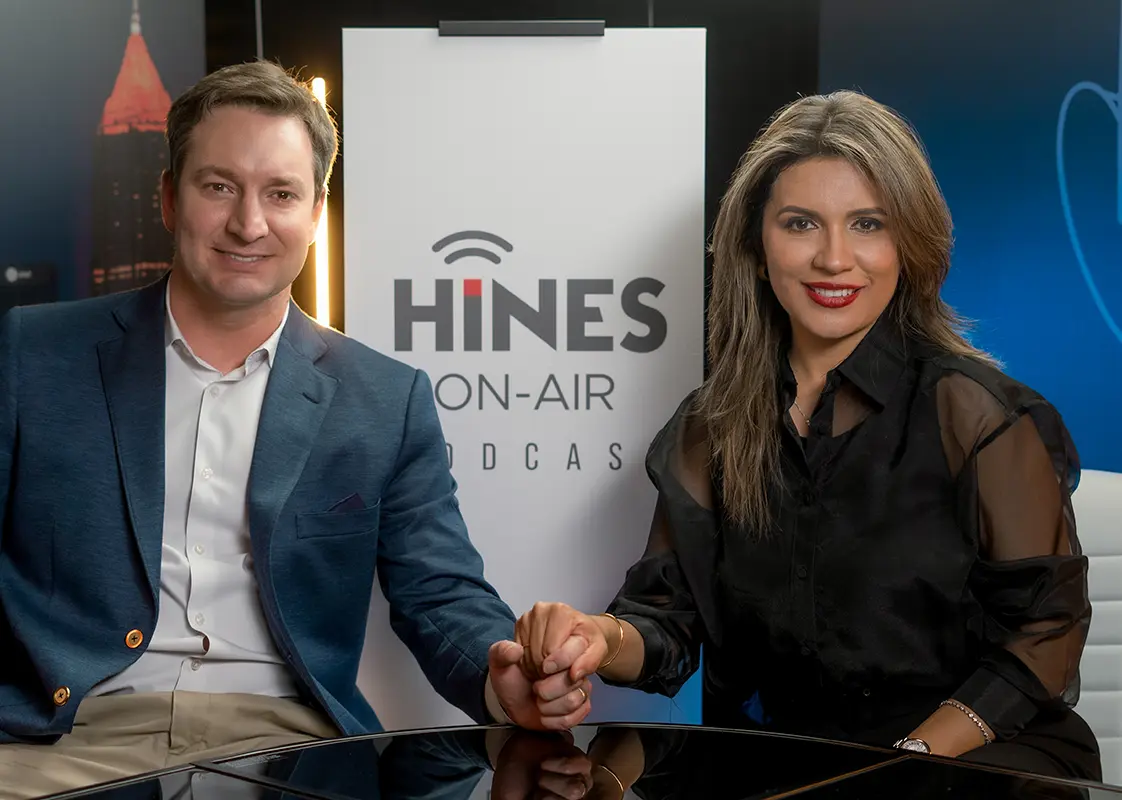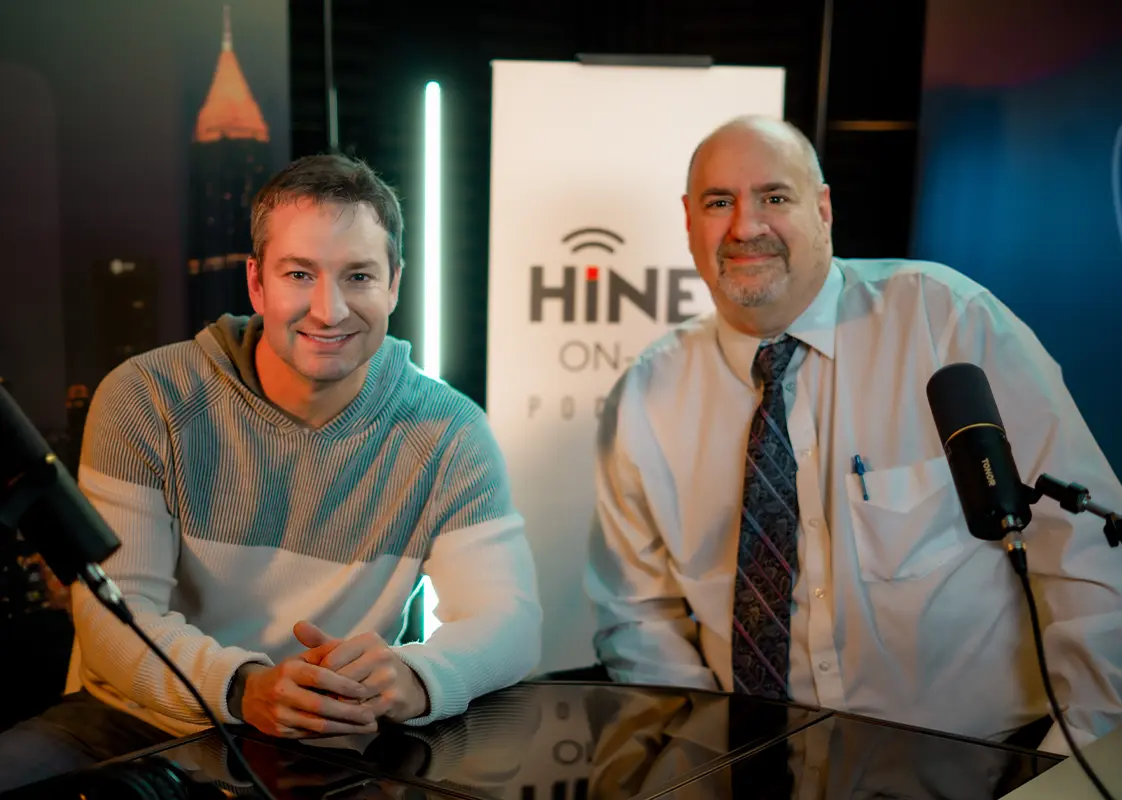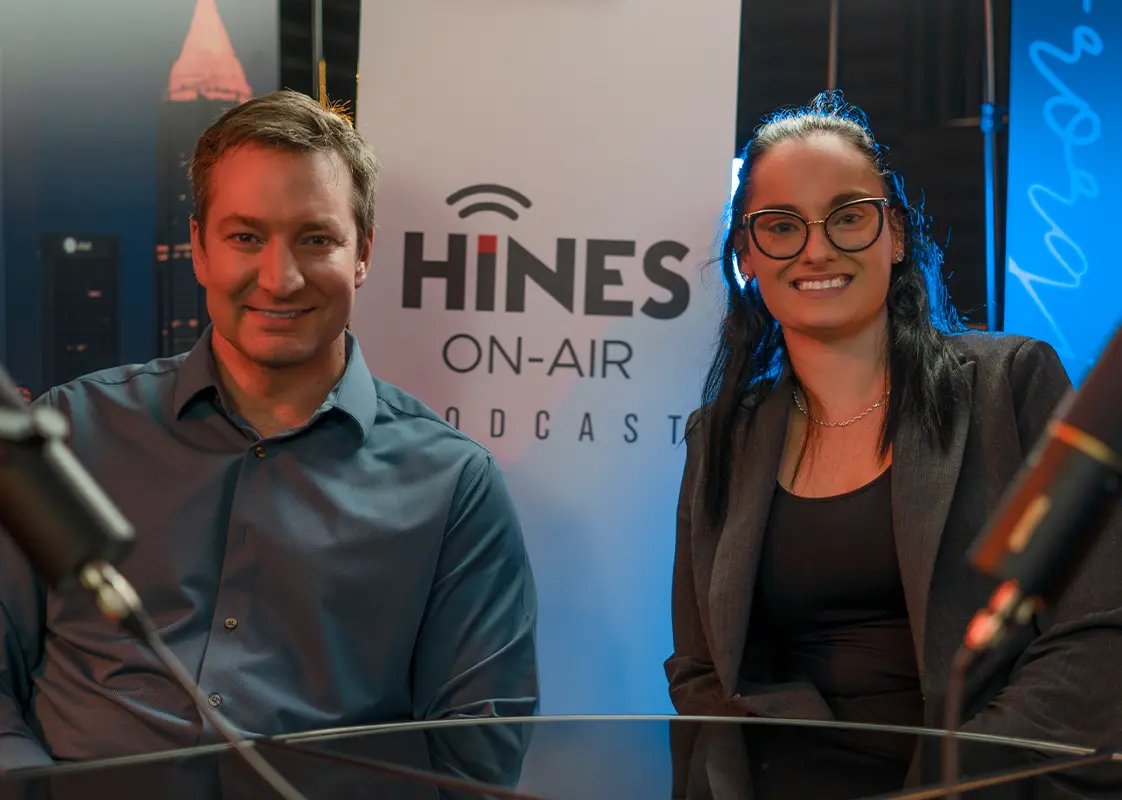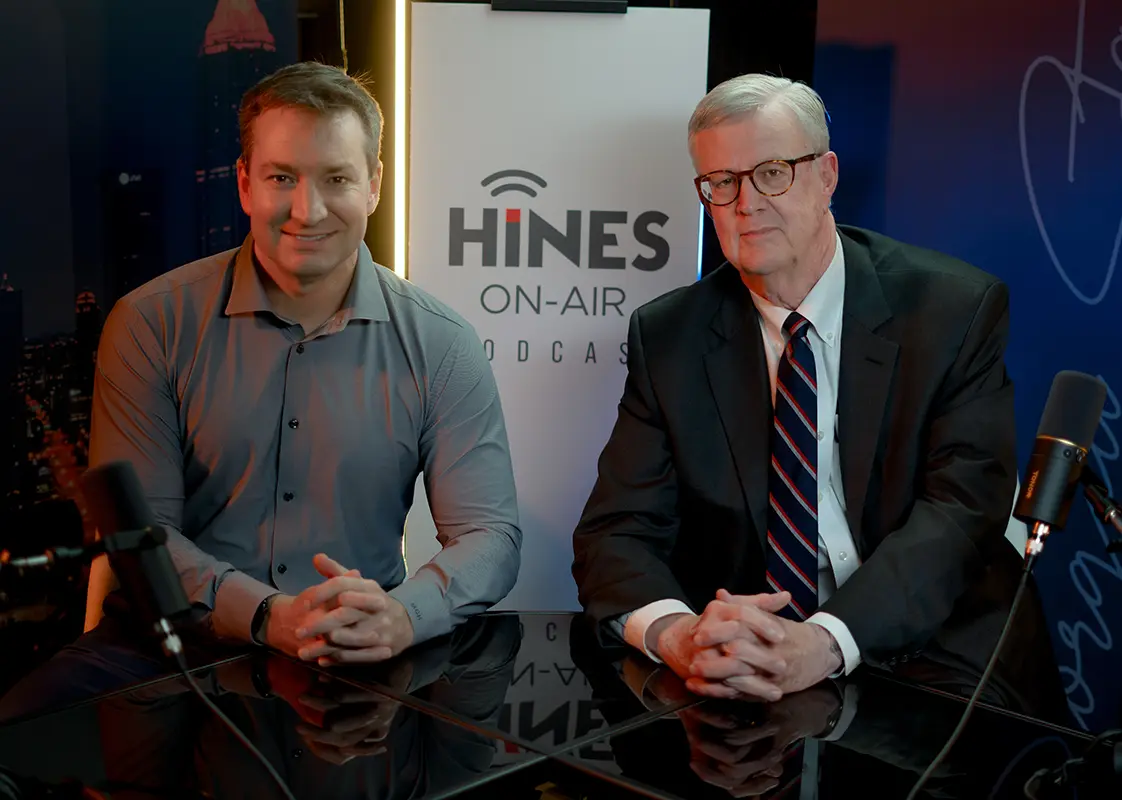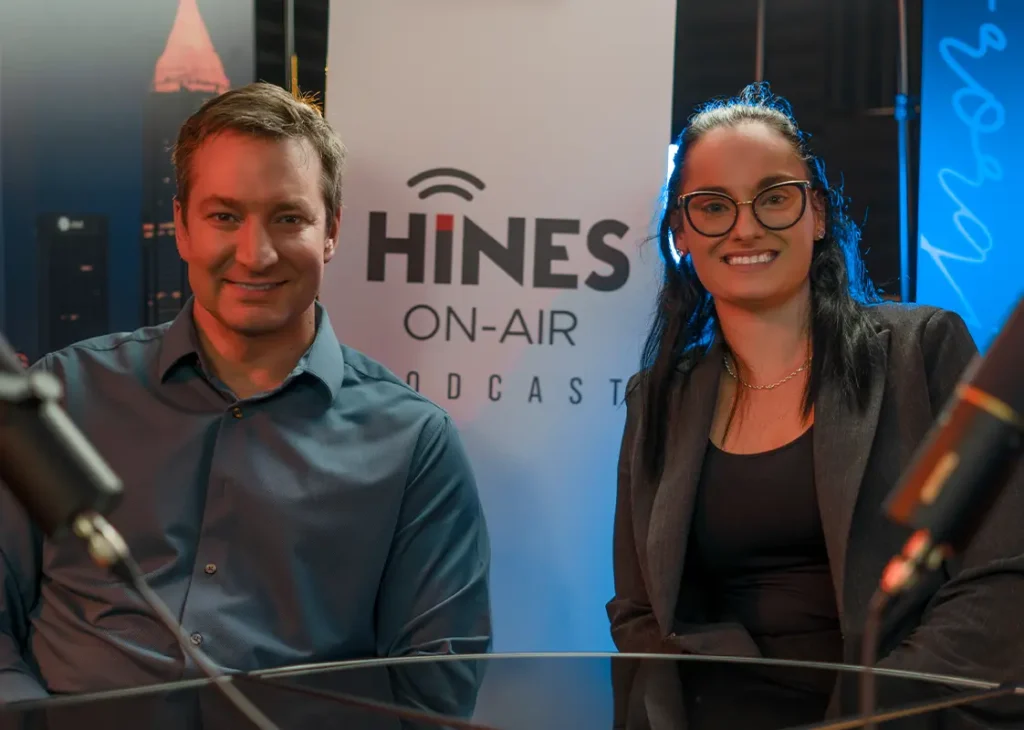
This episode offers a unique perspective on the criminal justice system, discussions on relevant legal cases, and reflections on the human experience. Tune in to “Courtroom Chat” for compelling insights into the world of law and justice. Join attorneys Matt and Rachel Lairmore to delve the stories behind guilty verdicts, the pursuit of justice, and the commitment to help others.
Hello everybody, welcome back to another episode of Hines On Air. It’s great to have you with us. In today’s climate, the American public is increasingly exposed to courtroom dramas and legal procedures, particularly due to the ongoing high-profile cases involving Trump. To shed some light on the intricacies of criminal defense, we have a very special guest with us today—Ms. Rachel Lore, a distinguished criminal defense attorney currently practicing in Georgia. Rachel has a wealth of exciting stories and insights to share with us. Welcome to the podcast, Rachel.
Rachel: Thanks, Matt. Thanks for having me.
Matthew: You’re welcome. How long have you been involved in criminal defense?
Rachel: I started in criminal defense back in 2018. My first major experience was as an intern on a significant federal case in the Northern District of Georgia, the Nat Hardwick case.
Matthew: I remember Morris Hardwick and Schneider being major players in real estate back then. Can you tell us more about that case?
Rachel: Nat Hardwick was accused of embezzling from his law firm, which eventually went bankrupt. He was convicted and sentenced to 15 years in federal prison.
Matthew: That must have been quite an experience. Did he testify at his trial?
Rachel: Yes, he did. Deciding whether a defendant should testify is always a strategic decision. Even though defendants have the constitutional right not to testify, jurors might still hold it against them if they don’t hear their side of the story.
Matthew: That’s true. Do you think the court process is fair, or do you believe defendants often face disadvantages?
Rachel: Defendants often face significant disadvantages, especially in federal cases. The prosecution has unlimited resources, which is a huge unfairness compared to the limited resources available to defense attorneys.
Matthew: That’s a crucial point. I’ve noticed that juries sometimes assume guilt based on the prosecution’s presentation, not fully considering the standard of «beyond a reasonable doubt.»
Rachel: Exactly. Jury instructions can be clear, but whether jurors adhere to them is another matter. Defendants frequently face inherent biases and disadvantages.
Matthew: Could you share another notable case you’ve worked on?
Rachel: Sure. Fritz and I worked on a murder case in Waycross, Georgia. Our client was charged with malice murder in what we argued was a self-defense situation. Despite our efforts, including a motion in limine to exclude certain evidence, our client was convicted. This case highlighted the challenges and potential injustices in the system.
Matthew: It’s disheartening when procedural changes, like a new judge allowing previously excluded evidence, can significantly impact the outcome. How did you feel about the trial?
Rachel: It was tough. Being from Atlanta and working in a small, close-knit community like Waycross, we faced additional challenges. The local mindset and familiarity can influence the trial atmosphere, making it harder for outsiders.
Matthew: You’ve seen the toll these cases take not just on defendants, but also on attorneys and their families. How do you cope with the emotional impact?
Rachel: It’s challenging. You try to set emotions aside, but we’re human. After particularly difficult cases, like the one in Waycross, it’s hard not to be affected. Over time, you grow accustomed to it, but it never gets easier.
Matthew: Any final thoughts or advice for those facing the criminal justice system?
Rachel: It’s crucial for defendants to understand the risks and realities of their situation. The decision to plead or go to trial is significant and should be made with full awareness of the potential consequences. As attorneys, we guide and advise, but ultimately, the choice is the client’s.
Matthew: Thank you, Rachel, for sharing your insights and experiences. It’s evident that you’re dedicated to fighting for your clients, and we appreciate the work you do.
Rachel: Thank you for having me, Matt.
Matthew: You’re very welcome.
Everyone, thank you for joining us for another episode of Hines On Air. If you haven’t already, please subscribe to the show and follow us on YouTube. We look forward to seeing you next time.



